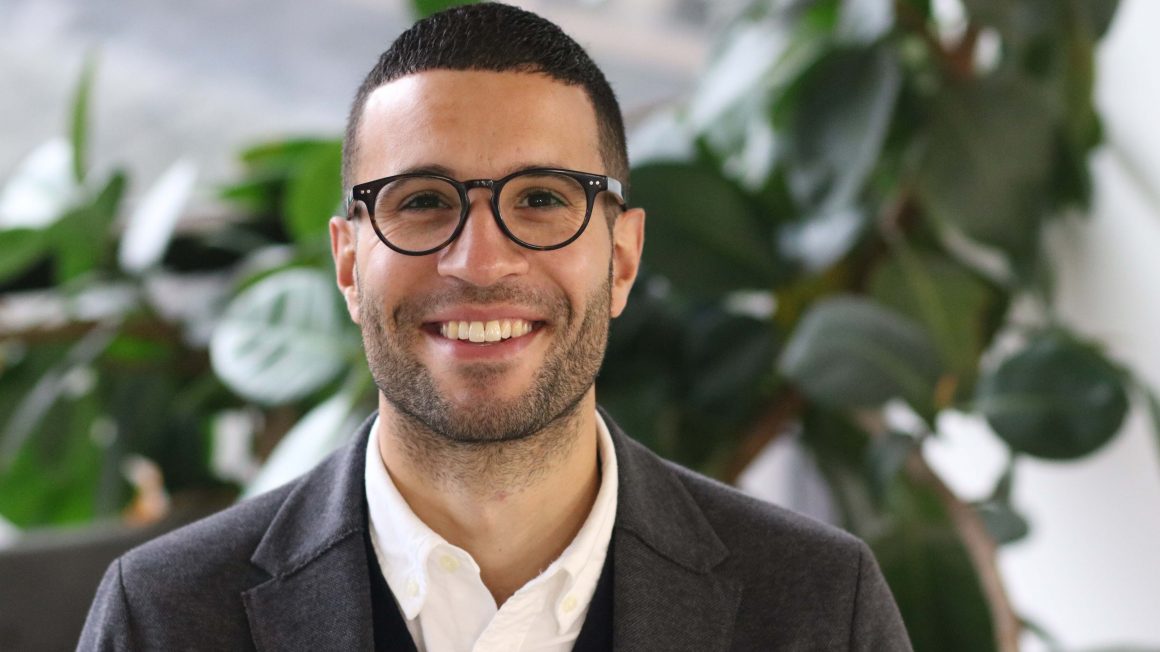Dr. Yannick Molgat-Seon believes in the benefits of exercise for overall health – and practices what he preaches. You can often catch him running in his neighbourhood or walking to campus. As an Assistant Professor in the Department Kinesiology and Applied Health, Molgat-Seon is an exercise physiologist with a particular interest in respiratory physiology, and The University of Winnipeg is pleased to announce Molgat-Seon as the 2022 Chancellor’s Research Chair.
The underlying aim of Molgat-Seon’s research is to improve our understanding of the influence of respiratory factors on exercise performance in healthy humans across the lifespan and in patients with chronic respiratory disease.
Students will gain valuable, hands-on research experience that allows them to apply what they’ve learned in the classroom.
Yannick Molgat-Seon
As the Chancellor’s Research Chair, he will be examining the causes of shortness of breath, or dyspnoea, a common, often debilitating symptom experienced by approximately 25 per cent of the general population during activities of daily living. Although dyspnoea primarily affects patients with heart and/or lung disease, it also occurs in healthy adults, particularly during exercise. Several studies have also shown females appear to experience dyspnoea to a greater extent than males.
“Most studies have focused the influence of biological factors, such as lung and airway size, on the perception of dyspnoea in males and females,” said Molgat-Seon. “However, these biological factors fail to explain sex-differences in dyspnea and the influence of gender-related factors have largely been ignored. My research will seek to determine the impact of both sex and gender on the perception of dyspnoea in healthy males and females.”
The importance of understanding the root causes of dyspnoea is emphasized by the fact that in the general population it is a major predictor of adverse health outcomes such as mortality and disability. The frequency and severity of dyspnoea increases with age, and the economic burden of treating chronic diseases associated with dyspnoea, such as asthma, chronic heart failure, chronic obstructive pulmonary disease, and interstitial lung disease, are substantial and increasing over time.
“In short, we’re studying the ‘normal’ so that we can better understand the ‘abnormal,'” said Molgat-Seon. “We hope that examining the causes of dyspnoea in healthy adults will inform studies that seek to improve the management of dyspnoea in patients with heart and/or lung disease.”
He has gathered a research team that includes undergraduate students who will work alongside him in the laboratory. The students will be involved in developing experimental procedures, testing participants, as well as analyzing and interpreting data.
“Students will gain valuable, hands-on research experience that allows them to apply what they’ve learned in the classroom,” shared Molgat-Seon. “The skills they gain will be broadly transferrable to many health-related occupations such as physiotherapy, athletic therapy, occupational therapy, medicine, and nursing.”




